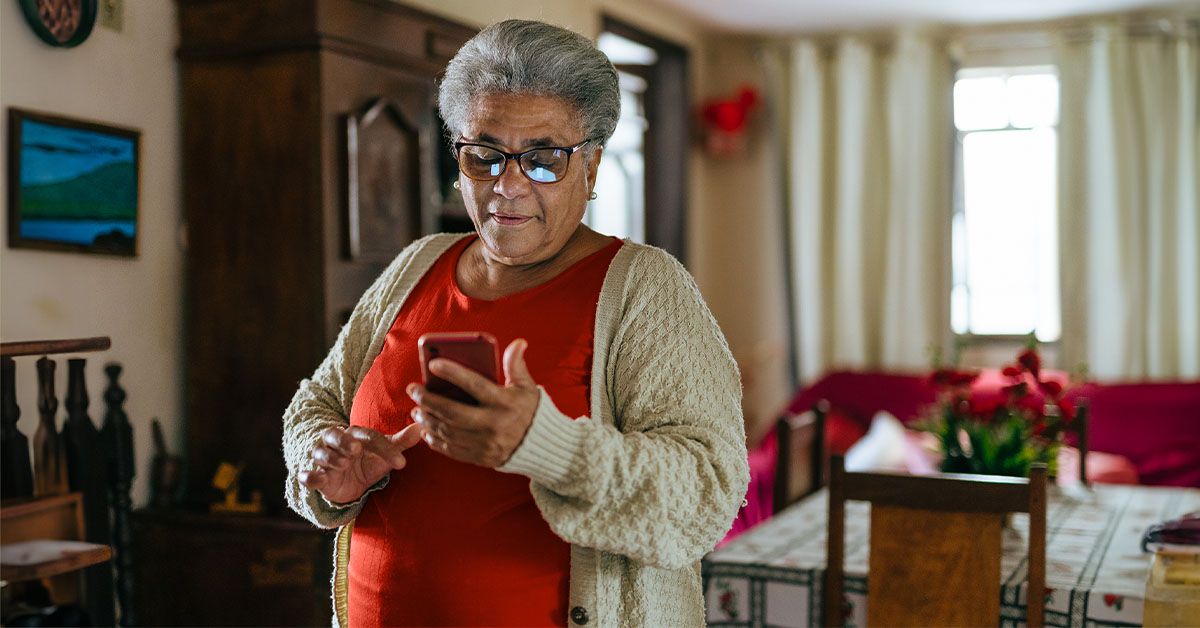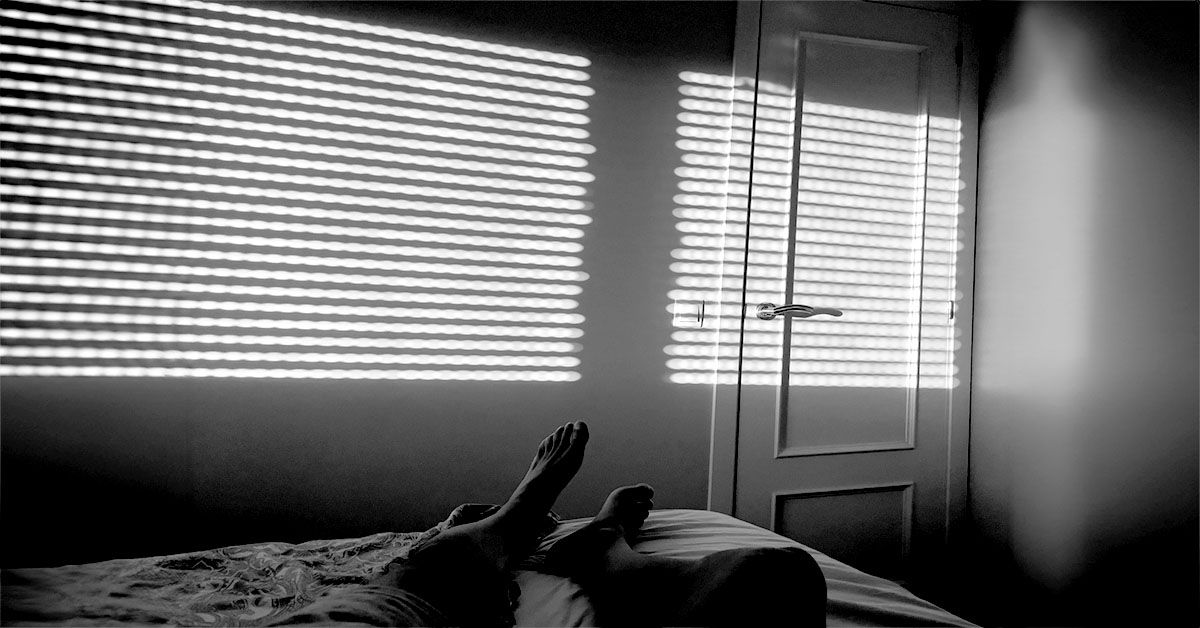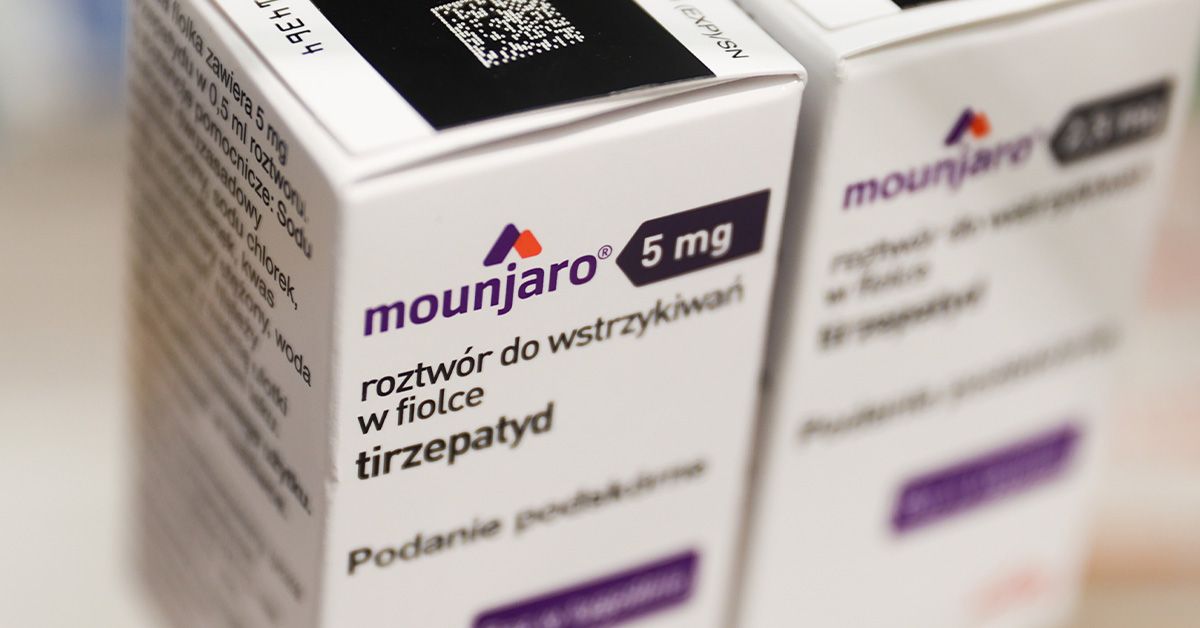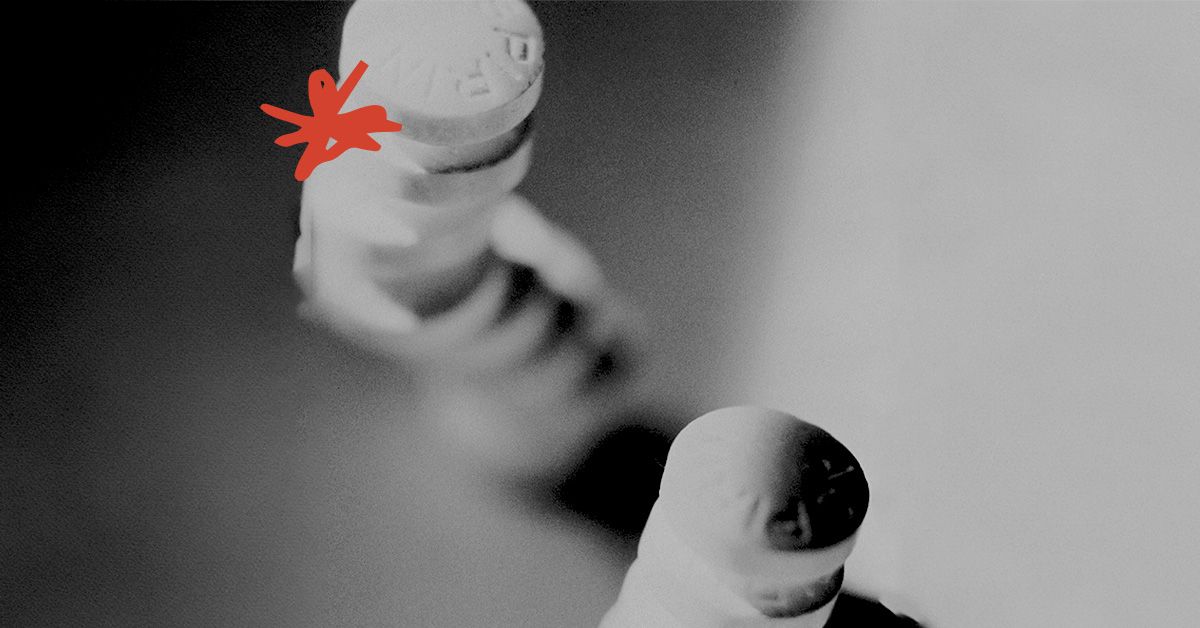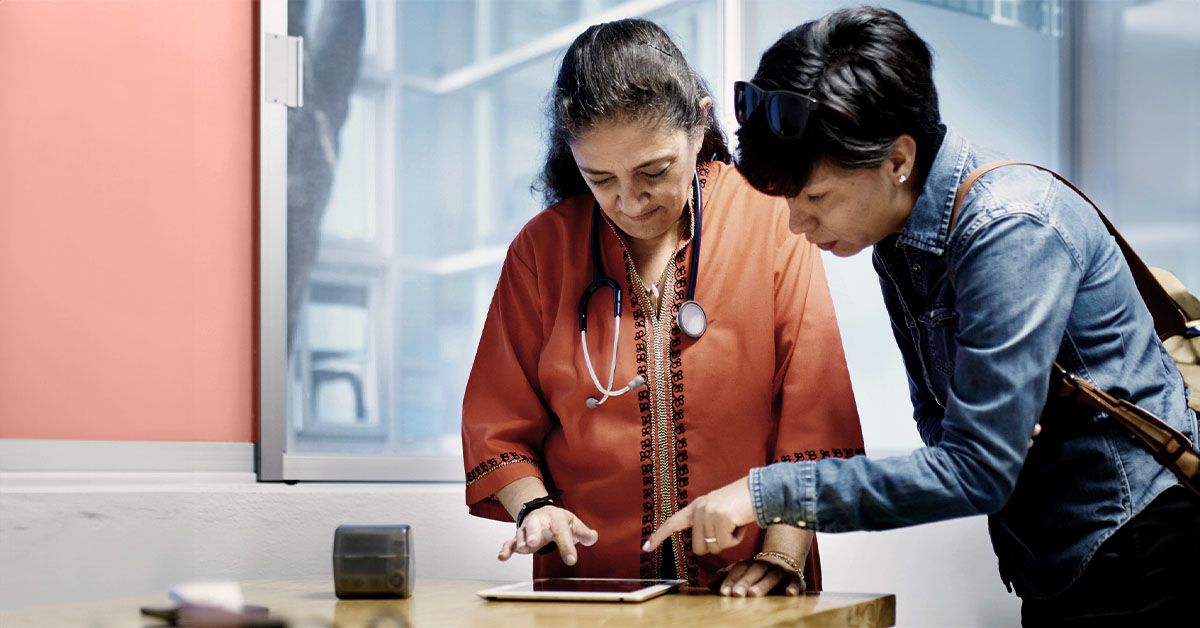- Of the more than 55 million people globally who have dementia, 10–20% have frontotemporal dementia (FTD).
- Researchers have developed a smartphone app featuring cognitive tests that accurately detect FTD.
- Scientists report the app is capable of detecting early signs of FTD in people who have a family history of the condition but have not yet shown symptoms.
Researchers estimate that more than
FTD occurs from damage and loss of nerve cells in the frontal and side or temporal areas of the brain. This can result in negative changes to a person’s behavior, language skills such as speaking and writing, and movement functions.
There is currently no specific treatment or cure for FTD. Although there are several FTD clinical trials ongoing or in the planning stages, researchers say there are barriers to these trials, including frequent in-person visits for study participants, and some tests are
Now, researchers from the University of California, San Francisco have developed a smartphone app featuring cognitive tests that could potentially help these clinical trials by offering a replacement for in-person visits.
The study, published in
Researchers developed the mobile app in collaboration with a software company.
“We developed this app not only for early detection of FTD but also to help monitor changes in the disease over time once participants have been identified,” Adam M. Staffaroni, PhD, clinical neuropsychologist and associate professor in the UCSF Department of Neurology and the Weill Institute for Neurosciences and first author of this study explained to Medical News Today.
“We envision this app may be used in a clinical trial to determine whether a new treatment is effective,” Staffaroni said.
“The app includes a comprehensive battery of tests that measure the diverse features of FTD, including speech and language, movement changes, behavior, and cognitive functioning. In this study, we studied tests of
executive functioning , a cognitive skill often affected in FTD. We found that scores on these tests could differentiate patients with FTD from controls, and was sensitive to early stages of the disease.”— Adam M. Staffaroni, PhD, first study author
For this study, Staffaroni and his team tested the mobile app on 360 study participants with an average age of 54 enrolled in ongoing studies at the ALLFTD centers and UCSF.
Of this participant pool, about 21% showed symptoms of FTD, about 20% presented with early signs of the disease, and about 60% did not have FTD or were gene carriers of the disease who had not yet developed symptoms.
After using the mobile app, researchers found the app’s cognitive tests showed moderate to excellent reliability compared with current standard measures, including in-person disease assessments and neuropsychological tests.
Scientists also reported the cognitive tests delivered through the smartphone app accurately detected dementia and were also more sensitive to the earliest stages of genetic FTD than standard neuropsychological tests.
“Although these smartphone tests are gamified versions of well-established cognitive tests, we could not assume that the smartphone versions were accurately measuring executive functioning,” Staffaroni said.
“We had participants take the tests up to three times over two weeks and demonstrated that scores were very similar each time they took the test.”
“This suggests the scores are reliable. We then showed that scores on the smartphone tests were highly correlated with our gold-standard, in-person cognitive measures of executive functioning, suggesting they are indeed measuring executive functioning. We also found that poorer performance on the tests was associated with more
brain volume loss, suggesting that the measurements are relevant to the biology of the disease.”— Adam M. Staffaroni, PhD, first study author
Staffaroni said that this mobile app is not intended for use by the general public.
“This study was a first step in establishing that we can accurately measure cognition in participants already diagnosed with FTD using a smartphone test,” he explained. “These results, however, do not provide all the rigorous evidence needed for a test to be moved into the clinic.”
“Although at some point this type of tool may be used in a clinical setting, our near-term vision is developing a scalable tool to accelerate advancements in observational research studies and clinical trials,” Staffaroni continued.
“This tool could be used to screen patients who might be eligible for clinical trials. It could also be used to deploy outcome assessments in decentralized clinical trials, in which remote data collection supplements or replaces traditional in-person assessments of treatment effectiveness.”
MNT also spoke with Karen D. Sullivan, PhD, a board certified neuropsychologist, owner of I CARE FOR YOUR BRAIN, and Reid Healthcare Transformation Fellow at FirstHealth of the Carolinas in Pinehurst, NC, about this study.
Sullivan commented that while digital approaches to neuropsychological assessment have advantages, which include the important goal of increased capacity to cognitively evaluate many individuals quickly, she has significant concerns about over-reliance on brief computerized assessments in dementia.
“Smartphone apps may have a role but as one tool in a larger tool belt. We will always need the qualitative data that a human-to-human-based assessment can provide. Interpretation of cognitive data is reliant on dozens of other factors that cause neuropsychologists to either increase or reduce our confidence on test data collected.”
— Karen D. Sullivan, PhD, neuropsychologist
“Composite scores, like those used in this study, often lack sensitivity for how the subject’s score was derived like their problem-solving approach, error analysis, task-completion strategies, emotional response, etc., and are decontextualized from everyday function,” Sullivan continued.
“Cognitive test scores do not exist in a vacuum; they are intended to be one part of an integrated analysis. I’d like to see more patient experience studies and concurrent validity analysis with comprehensive neuropsychological test batteries,” she added.



